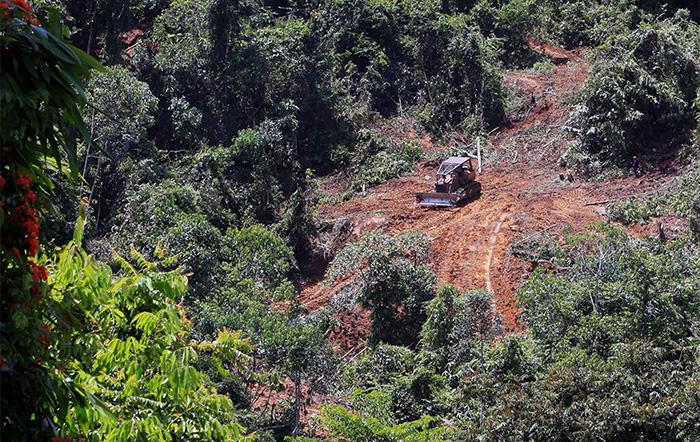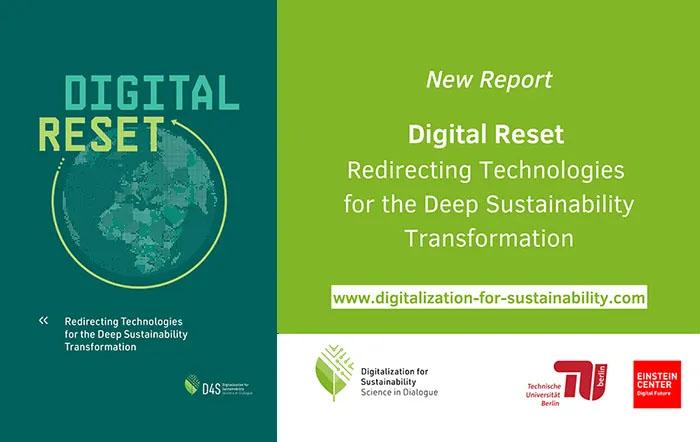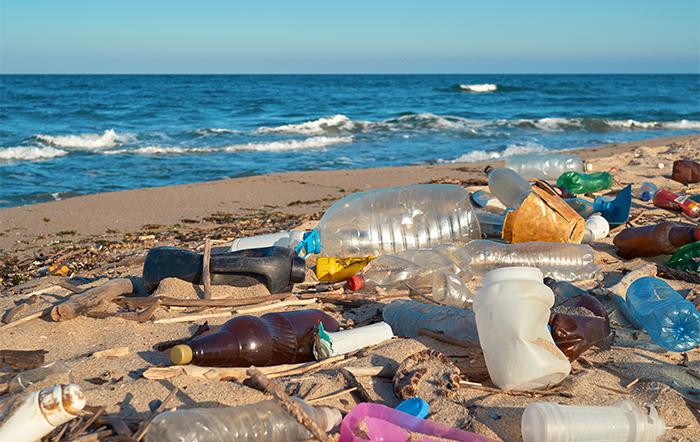Researchers and students from across the University of Oxford's School of Geography and the Environment (SoGE) will present their research as part of the Association of American Geographers (AAG) Annual Meeting 2023. The international conference which will be held between 23 - 27 March, attracts geographers, GIS specialists, environmental scientists, and other disciplinary experts who share and discuss the latest in research and applications in geography, sustainability, and GIScience.
Project
Climate change is expected to impose a considerable burden on the southern African region as it is one of two land-based areas of the planet where large-scale drying is projected to occur in future decades. A lot of the early summer drying is expected to result from the late onset of the rains after the six month long dry season.













